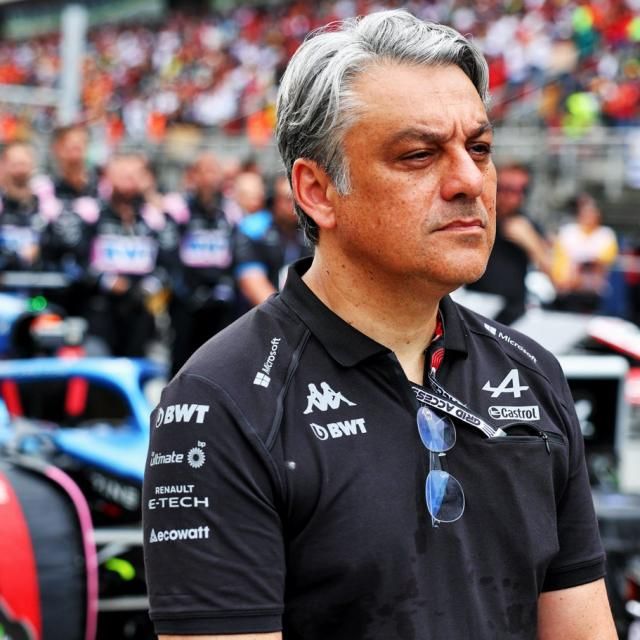In one of the most surprising executive moves of the year, Luca de Meo, the transformative CEO of Renault, is stepping down from the French automaker to take the helm of luxury fashion conglomerate Kering—a leap from electric vehicles to exclusive runways.
From Revving Engines to Runway Lights
Luca de Meo, who joined Renault in 2020, is credited with pulling the company out of a downward spiral and reshaping its direction under his ambitious “Renaulution” strategy. By focusing on profitability over volume, carving out the company’s EV and software arm Ampere, and revitalizing brands like Dacia and Alpine, de Meo was widely praised as the man who gave Renault its edge back.
But in a twist few saw coming, de Meo will leave Renault on July 15, 2025, and take over as CEO of Kering—parent company to fashion giants Gucci, Saint Laurent, and Balenciaga—in September.
The move has left industry watchers scratching their heads: Why would an automotive executive pivot to fashion?
Why the Sudden Move?
Kering, once dominant in the luxury space, has struggled in recent years. Gucci, once its crown jewel, has lost market share, and the group’s market valuation has dropped by nearly 70% from its peak. The company needed a proven turnaround expert—and de Meo has that reputation.
According to insiders, Kering’s board was impressed by de Meo’s “brand surgeon” ability to revive legacy names and adapt companies for a modern, digital-first era. With roots in marketing and stints at Fiat, Volkswagen, and SEAT before Renault, de Meo isn’t new to reinvention or global brand strategy. In a way, this isn’t a pivot—it’s a parallel move into another industry where identity, innovation, and image are everything.
Market Reactions: Mixed for Renault, Optimistic for Kering
Renault’s stock dipped roughly 8% following the announcement, reflecting investor nerves about losing a CEO who had restored confidence in the company’s future. In contrast, Kering shares surged by nearly 10%, signaling optimism that de Meo could breathe new life into a struggling portfolio.
Meanwhile, Renault’s board has initiated an urgent search for a successor. Names in the mix include Denis Le Vot (head of Dacia and a trusted lieutenant of de Meo) and Maxime Picat, a veteran at Stellantis. Whoever takes the reins will inherit a company mid-transformation, with high investor expectations and a ticking clock on EV expansion.
Renault’s Unfinished Business
While de Meo exits on a high note, there’s still much left to do at Renault:
-
The company’s Ampere division, set to compete with Tesla and Chinese EV players, is preparing for market independence.
-
Renault’s partnership with Nissan and Mitsubishi is still evolving, especially under pressure from Asia’s rapid EV growth.
-
Internally, Renault is still navigating the EU’s 2035 fossil-fuel vehicle ban, making leadership continuity critical.
A Cross-Industry CEO
In taking the wheel at Kering, de Meo will be the rare executive to cross the automotive–luxury divide. But for him, branding is branding—whether it’s stitched into a leather bag or engineered into a dashboard. He now faces a new set of challenges: revitalizing Gucci’s design relevance, navigating the fashion world’s demand cycles, and proving that his business acumen translates beyond horsepower.
Luca de Meo’s move marks more than just a CEO swap—it’s a fascinating case study in modern leadership. As the automotive world accelerates toward electrification and fashion wrestles with sustainability and digital reinvention, perhaps this isn’t a departure at all. It’s a different kind of drive.
